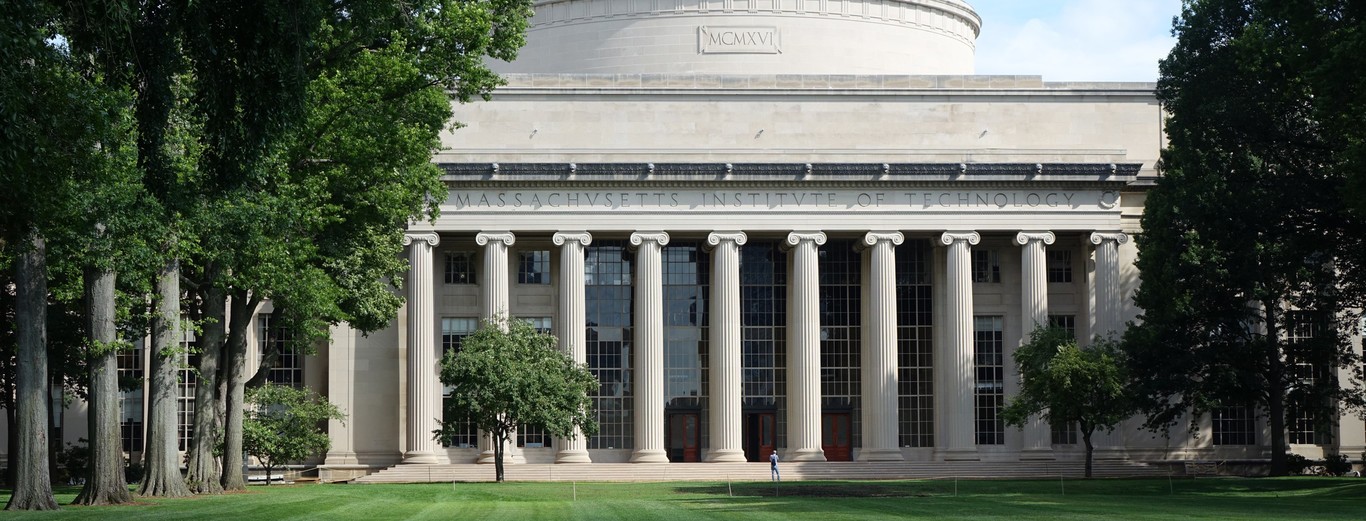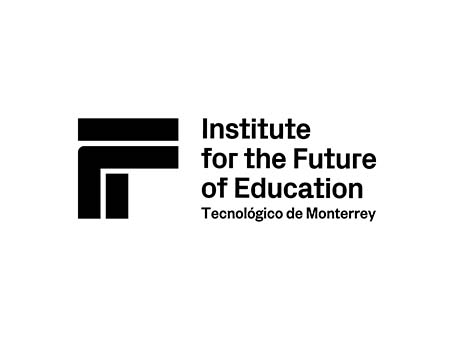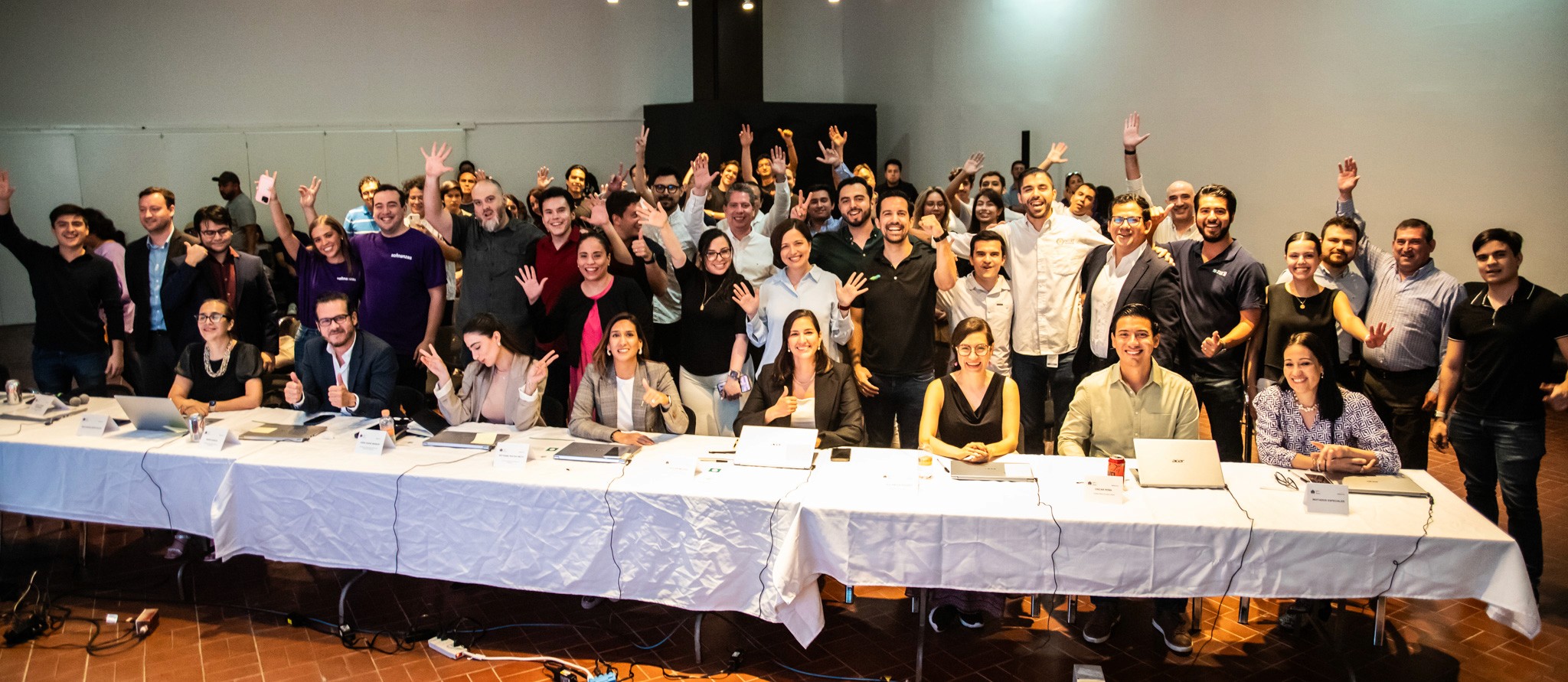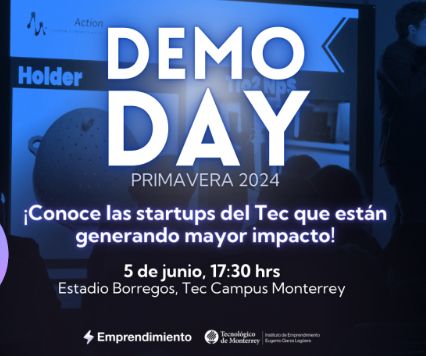Back
Back
Top 10 US schools recommend against using AI detectors.
US universities and their perspective on AI detectors.
May 2, 2024


US universities and their perspective on AI detectors.
As generative artificial intelligence becomes a common tool in education, many universities are trying to address the challenge of identifying AI-generated content in student work. Below are the recommendations and views of several top-tier universities in the US on the use of tools to detect AI:
Princeton: Advises against the use of these tools, arguing that they are not effective in identifying or deterring the use of generative AI. They consider them unreliable and biased, and do not recommend their use by faculty.
MIT: Advises against the use of AI detectors, noting that they are not effective.
Harvard: Also advises against the use of these tools, stating that the College of Arts and Sciences considers them too unreliable.
Stanford: Does not recommend relying solely on plagiarism detection platforms to check compliance with AI-related policies, as these tools have varying levels of effectiveness.
Yale: Does not recommend monitoring AI-generated writing through surveillance or detection technologies, as it believes this is likely not feasible.
UPenn: Strongly discourages the use of AI detectors. They argue that these detectors are not accurate enough and may show bias by incorrectly flagging work by non-native English speakers. They further warn that using these detectors could violate AI privacy policies.
Duke: Does not endorse any software that claims to determine whether a text was generated by AI.
Johns Hopkins: Does not recommend the use of AI detection tools because the development of these tools has not kept pace with advances in generative AI. Testing has shown wide variability in the accuracy and effectiveness of these detectors, including failures to detect and false positives.
Northwestern: Does not recommend the use of AI detection tools, as after testing with Turnitin, they decided to disable this feature due to questions and concerns about its accuracy.
Columbia: Warns against the use of detection software, noting that identification errors can occur that have consequences in the classroom.
Cornell: Advises against the use of automatic detection algorithms for academic integrity violations involving generative AI due to their unreliability and inability to provide conclusive evidence of violations.
University of Chicago: Does not recommend AI detection tools, as research has shown them to be unreliable, producing numerous false positives and negatives.
UC Berkeley: Does not recommend these tools, as AI detection does not provide conclusive evidence and it is unclear how they should be used in academic integrity investigations.
Rice: Does not plan to use AI detection software in the near future.
Vanderbilt: Strongly advises against the use of AI detection software, considering it not to be an effective tool.
University of Notre Dame: Does not recommend the use of AI detectors, noting that available tools are not reliable enough to base accusations of academic dishonesty on.
University of Michigan: Warns against the use of AI detection tools, noting that they should not be considered a definitive measure against cheating.
Georgetown: Has disabled Turnitin’s AI detection feature due to concerns about the tool’s accuracy and the negative impact of false positives.
Carnegie Mellon University: Does not recommend the use of AI detection services, as no company has proven to be accurate.
UNC: Warns against the use of AI detection tools, as their accuracy is not guaranteed and they may fail to detect plagiarism.
These views reflect growing concerns about the effectiveness and fairness of AI detection tools, underscoring the need for a more nuanced approach to managing academic integrity in an increasingly digital environment.
US universities and their perspective on AI detectors.
As generative artificial intelligence becomes a common tool in education, many universities are trying to address the challenge of identifying AI-generated content in student work. Below are the recommendations and views of several top-tier universities in the US on the use of tools to detect AI:
Princeton: Advises against the use of these tools, arguing that they are not effective in identifying or deterring the use of generative AI. They consider them unreliable and biased, and do not recommend their use by faculty.
MIT: Advises against the use of AI detectors, noting that they are not effective.
Harvard: Also advises against the use of these tools, stating that the College of Arts and Sciences considers them too unreliable.
Stanford: Does not recommend relying solely on plagiarism detection platforms to check compliance with AI-related policies, as these tools have varying levels of effectiveness.
Yale: Does not recommend monitoring AI-generated writing through surveillance or detection technologies, as it believes this is likely not feasible.
UPenn: Strongly discourages the use of AI detectors. They argue that these detectors are not accurate enough and may show bias by incorrectly flagging work by non-native English speakers. They further warn that using these detectors could violate AI privacy policies.
Duke: Does not endorse any software that claims to determine whether a text was generated by AI.
Johns Hopkins: Does not recommend the use of AI detection tools because the development of these tools has not kept pace with advances in generative AI. Testing has shown wide variability in the accuracy and effectiveness of these detectors, including failures to detect and false positives.
Northwestern: Does not recommend the use of AI detection tools, as after testing with Turnitin, they decided to disable this feature due to questions and concerns about its accuracy.
Columbia: Warns against the use of detection software, noting that identification errors can occur that have consequences in the classroom.
Cornell: Advises against the use of automatic detection algorithms for academic integrity violations involving generative AI due to their unreliability and inability to provide conclusive evidence of violations.
University of Chicago: Does not recommend AI detection tools, as research has shown them to be unreliable, producing numerous false positives and negatives.
UC Berkeley: Does not recommend these tools, as AI detection does not provide conclusive evidence and it is unclear how they should be used in academic integrity investigations.
Rice: Does not plan to use AI detection software in the near future.
Vanderbilt: Strongly advises against the use of AI detection software, considering it not to be an effective tool.
University of Notre Dame: Does not recommend the use of AI detectors, noting that available tools are not reliable enough to base accusations of academic dishonesty on.
University of Michigan: Warns against the use of AI detection tools, noting that they should not be considered a definitive measure against cheating.
Georgetown: Has disabled Turnitin’s AI detection feature due to concerns about the tool’s accuracy and the negative impact of false positives.
Carnegie Mellon University: Does not recommend the use of AI detection services, as no company has proven to be accurate.
UNC: Warns against the use of AI detection tools, as their accuracy is not guaranteed and they may fail to detect plagiarism.
These views reflect growing concerns about the effectiveness and fairness of AI detection tools, underscoring the need for a more nuanced approach to managing academic integrity in an increasingly digital environment.
US universities and their perspective on AI detectors.
As generative artificial intelligence becomes a common tool in education, many universities are trying to address the challenge of identifying AI-generated content in student work. Below are the recommendations and views of several top-tier universities in the US on the use of tools to detect AI:
Princeton: Advises against the use of these tools, arguing that they are not effective in identifying or deterring the use of generative AI. They consider them unreliable and biased, and do not recommend their use by faculty.
MIT: Advises against the use of AI detectors, noting that they are not effective.
Harvard: Also advises against the use of these tools, stating that the College of Arts and Sciences considers them too unreliable.
Stanford: Does not recommend relying solely on plagiarism detection platforms to check compliance with AI-related policies, as these tools have varying levels of effectiveness.
Yale: Does not recommend monitoring AI-generated writing through surveillance or detection technologies, as it believes this is likely not feasible.
UPenn: Strongly discourages the use of AI detectors. They argue that these detectors are not accurate enough and may show bias by incorrectly flagging work by non-native English speakers. They further warn that using these detectors could violate AI privacy policies.
Duke: Does not endorse any software that claims to determine whether a text was generated by AI.
Johns Hopkins: Does not recommend the use of AI detection tools because the development of these tools has not kept pace with advances in generative AI. Testing has shown wide variability in the accuracy and effectiveness of these detectors, including failures to detect and false positives.
Northwestern: Does not recommend the use of AI detection tools, as after testing with Turnitin, they decided to disable this feature due to questions and concerns about its accuracy.
Columbia: Warns against the use of detection software, noting that identification errors can occur that have consequences in the classroom.
Cornell: Advises against the use of automatic detection algorithms for academic integrity violations involving generative AI due to their unreliability and inability to provide conclusive evidence of violations.
University of Chicago: Does not recommend AI detection tools, as research has shown them to be unreliable, producing numerous false positives and negatives.
UC Berkeley: Does not recommend these tools, as AI detection does not provide conclusive evidence and it is unclear how they should be used in academic integrity investigations.
Rice: Does not plan to use AI detection software in the near future.
Vanderbilt: Strongly advises against the use of AI detection software, considering it not to be an effective tool.
University of Notre Dame: Does not recommend the use of AI detectors, noting that available tools are not reliable enough to base accusations of academic dishonesty on.
University of Michigan: Warns against the use of AI detection tools, noting that they should not be considered a definitive measure against cheating.
Georgetown: Has disabled Turnitin’s AI detection feature due to concerns about the tool’s accuracy and the negative impact of false positives.
Carnegie Mellon University: Does not recommend the use of AI detection services, as no company has proven to be accurate.
UNC: Warns against the use of AI detection tools, as their accuracy is not guaranteed and they may fail to detect plagiarism.
These views reflect growing concerns about the effectiveness and fairness of AI detection tools, underscoring the need for a more nuanced approach to managing academic integrity in an increasingly digital environment.
Scholarvy is an EdTech platform reshaping education through ethical AI integration. We provide tools that promote creativity, critical thinking, and autonomous learning, enabling institutions to prepare students for an AI-driven world.
Scholarvy is an EdTech platform reshaping education through ethical AI integration. We provide tools that promote creativity, critical thinking, and autonomous learning, enabling institutions to prepare students for an AI-driven world.
AI is reshaping education. Lead the change and empower your institution.
Join 400+ educators shaping the future with Scholarvy.
AI is reshaping education. Lead the change and empower your institution.
Join 400+ educators shaping the future with Scholarvy.
AI is reshaping education. Lead the change and empower your institution.
Join 400+ educators shaping the future with Scholarvy.
Latest posts
Discover other pieces of writing in our blog





